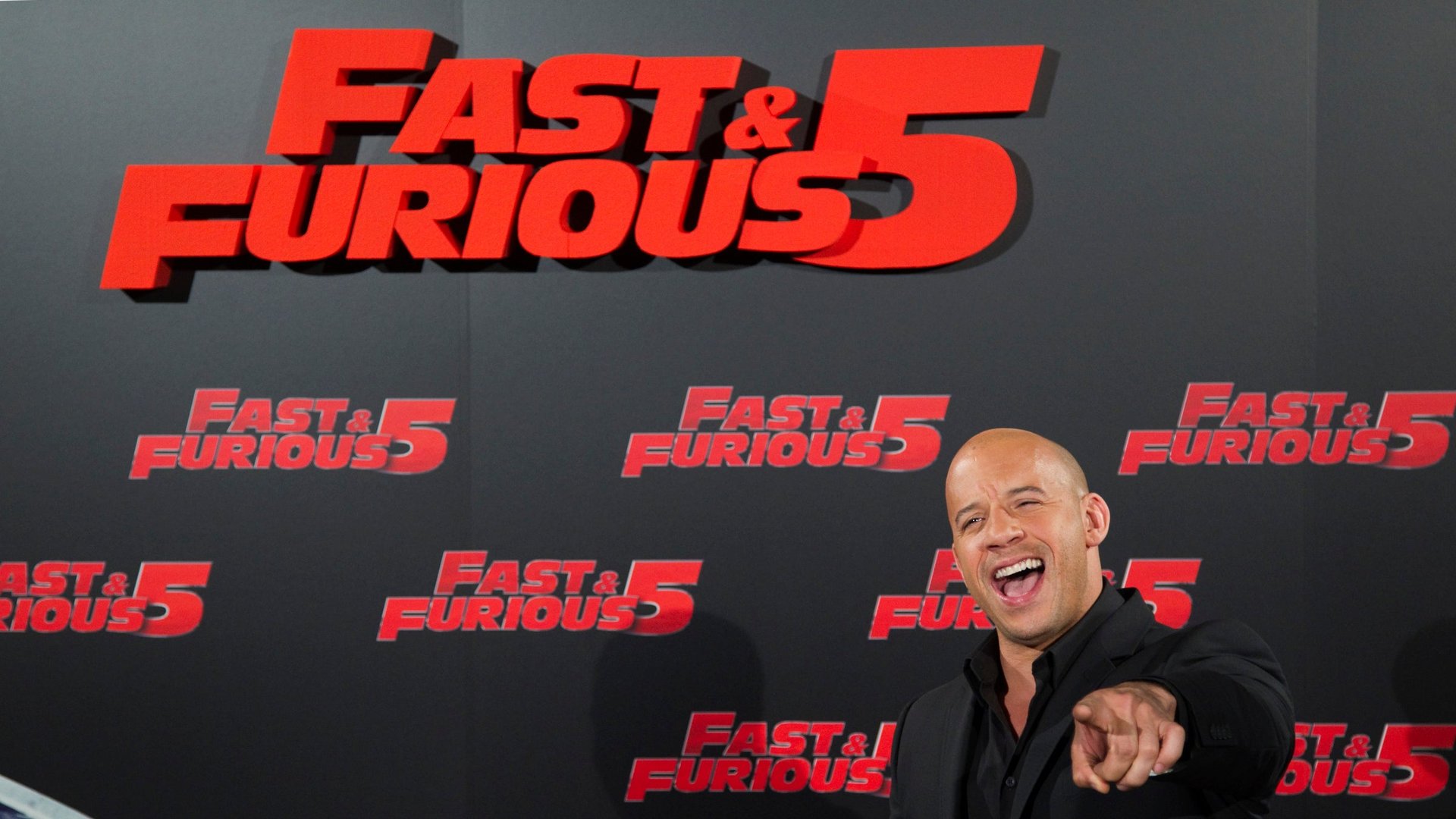The economics of awful blockbuster movies
The Lone Ranger‘s historic flop this weekend was either entirely shocking (it really was historic) or entirely predictable (westerns often disappoint at the box office). But behind every $225 million bet, you can bet there are reasons. Indeed, the economics of betting a lot of money of a few loud movies a year are tantalizingly clear.


The Lone Ranger‘s historic flop this weekend was either entirely shocking (it really was historic) or entirely predictable (westerns often disappoint at the box office). But behind every $225 million bet, you can bet there are reasons. Indeed, the economics of betting a lot of money of a few loud movies a year are tantalizingly clear.
So here, with a little dose of data, is why studios feel encouraged to fill your summer with loud, dumb, sequels and reboots.
The globalization of cinema means less explosive dialogue and more explosive everything else.
What does this have to do with bad summer blockbusters? Well, the conventional wisdom in Hollywood is that clever jokes don’t translate well for an international audience, whose biggest and fastest growing presence is in Asia. But familiar characters and/or explosions? They translate just fine.
Without 3-D, the domestic box office might be shrinking.
There’s a good reason that Hollywood is obsessed with sequels. So are you.
A dollar spent on a blockbuster goes further.
What does that mean for summer movies? It explains why $1 spent on a blockbuster is (all things considered) worth more than $1 spent on a non-blockbuster. The potential for each mega-budget movie to go big and create a train of merchandise, licensing and sequels makes it strategically wise to bet a very large sum of money on a very small number of big films.
Fewer typical moviegoers means fewer chances to get your money.
Films are for kids.
___________
*Prometheus, a sort-of-Aliens-prequel, and Hotel Transylvania are on the cusp.